Commentary: Music’s importance to me
Photo credit: Maia Alvarez
This illustration shows me listening to music through my headphones, something I do often. While I’ve been hard of hearing most of my life, music has been a constant, and I’m grateful to have it in my life. Graphic design by Maia Alvarez.
January 7, 2023
When I was four months old, I had a fever that should have killed me. Reaching 107 degrees, I was stuck in the hospital for over a month, my parents not knowing if I’d make it. Miraculously, the fever broke, and I survived. But I didn’t come out unscathed. From then on, I’d only be able to hear out of one ear.
One thing I learned from being hard of hearing practically my whole life: I love music.
Whenever I become tongue-tied, music picks up the fragmented pieces of my mind and glues them between chords, beats and symphonies. There was always a song that could capture my emotions like a corked wine bottle, the contents inside rich with emotion and melody. No matter where I am, listening to music helps me relax, recharge and be ready for whatever comes next.
Music has been a part of my life from the very beginning. My mother involved me in theater programs the moment she caught me singing and dancing, wanting to enrich me early on. Thanks to theater, my parents’ music tastes and joining choir and orchestra upon arriving at Archer, I was never devoid of music in my upbringing. It’s an aspect of my childhood I’m most grateful for.
Being Latina, Spanish rock is one of the first genres I was introduced to. Since my mother is one of her biggest fans, Selena was one of the most played artists in my household.
Selena Quintanilla Perez, otherwise known as “The Queen of Tejano Music,” shook the world with her singing talent both as the lead singer of her family’s band Selena y Los Dinos and as a solo artist. Despite her short life, her legacy as one of the most influential Mexican-American entertainers of the 20th century isn’t forgotten as international fans regularly return to her songs, such as my favorite, “Como La Flor.”
Translating to “Like the Flower,” Selena uses flowers to illustrate the radiant love she had for a past lover and her struggle watching him be with someone else. The combination of the synth keyboard in the background and beat kept with rhythmic drums and maracas allows for the heartbroken to be easily comforted by this Spanish anthem.
Just as music can encapsulate emotions, it can capture unforgettable memories. During the era of hearing aid struggles and speech classes, I would lean against the car door on the way home and feel the vibrations of strong guitars and the passionate voices of the singers. Forgetting about any worries, I heard my mother sing proudly as I joined in with far too many voice cracks. The memory is never gone as long as the song can be replayed.
Over time, I’ve found music to be my means of escape. Because of my hearing loss, conversations with friends can sometimes become a muddle of words, suffocated in the sea of other conversations I’m not a part of. It’s so easy to feel isolated. But music always pulled up a seat and had a story for me.
AJR — an American indie pop trio of three brothers Adam, Jack and Ryan — is the artist I’ve listened to the most lately. Ever since I discovered their unique blend of layered, creative music production with complex lyrics that dive into tough but relevant topics like irrelevancy, coping with truth and divorce, I’ve been hooked.
For instance, their song “Karma” focuses on Jack’s perspective of the band finally gaining success after years of rejection with the group’s first world tour for their second album, “The Click.” Yet, he finds himself getting stuck inside a mindset of obligation and unhappiness. It’s easy to envision the therapy session created in the song, relating to my own emotions of being overworked and feeling little joy at times.
Why should someone do anything if it feels like a series of obligations?
However, as the final verse is sung with no pause for a breath, Jack’s cry for help is a reminder that I wasn’t alone in thinking this. Even if I couldn’t communicate it to anyone in my own life, I could express my frustration by listening to Jack and potentially singing the lyrics myself.
Music has the power to transcend any barriers. It builds connections with people across the world, but it also can be a small oasis in the middle of a stressful day. And so, if the day comes when I no longer can hear the world around me, I want to be able to say that I cherished music to the fullest extent.





![Freshman Milan Earl and sophomore Lucy Kaplan sit with their grandparents at Archer’s annual Grandparents and Special Friends Day Friday, March 15. The event took place over three 75-minute sessions. “[I hope my grandparents] gain an understanding about what I do, Kaplan said, because I know they ask a lot of questions and can sort of see what I do in school and what the experience is like to be here.](https://archeroracle.org/wp-content/uploads/2024/03/grandparents-day-option-2-1200x800.jpg)













































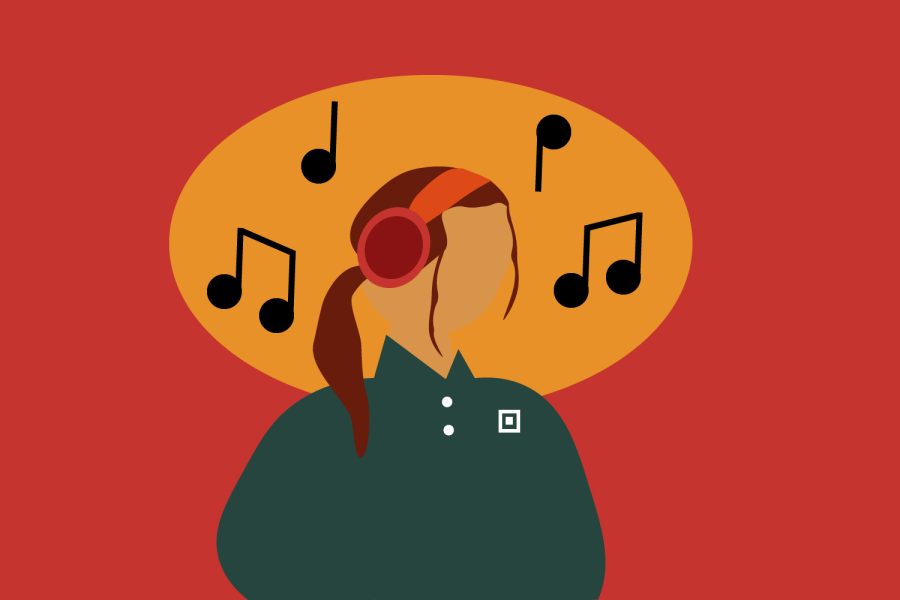
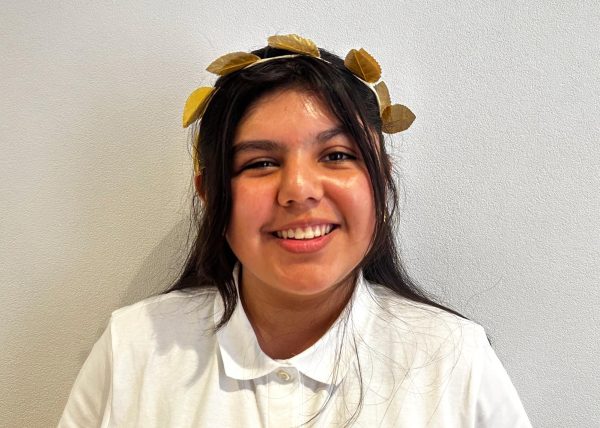





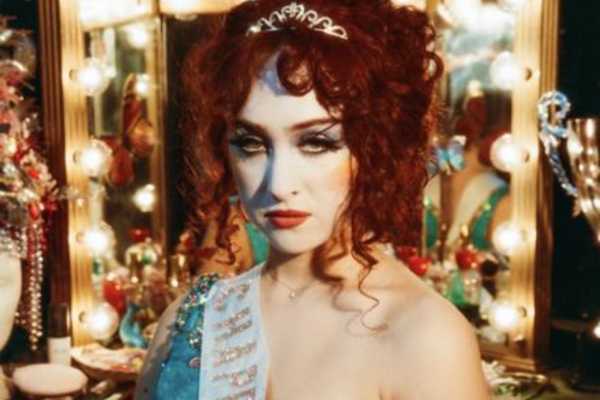

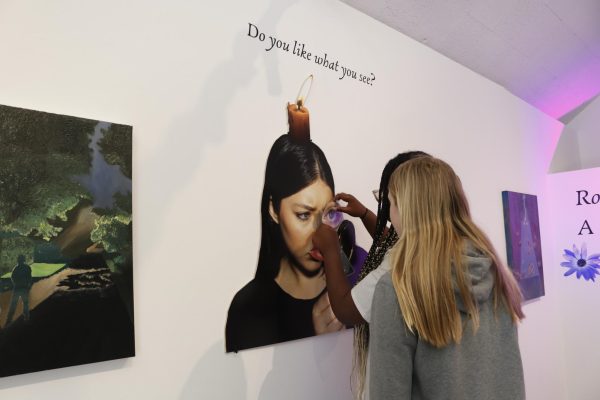
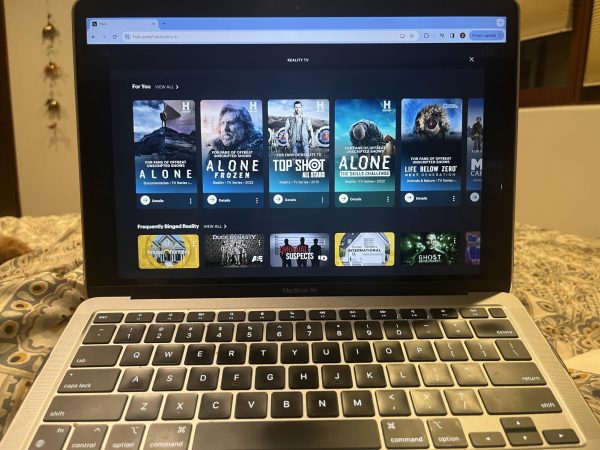
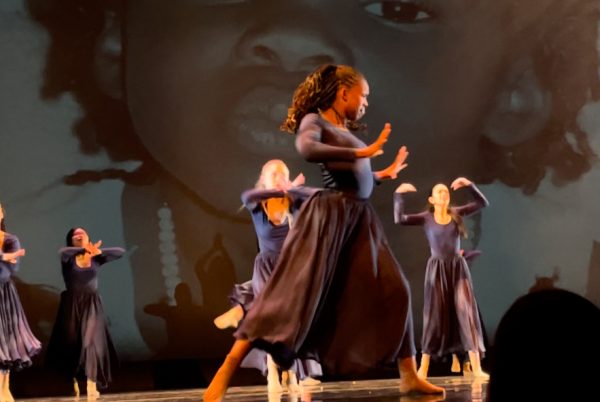
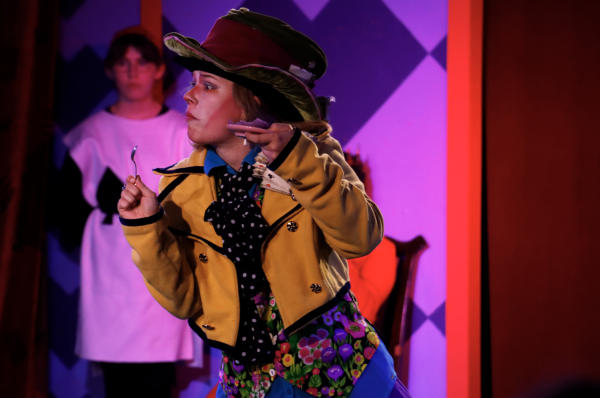
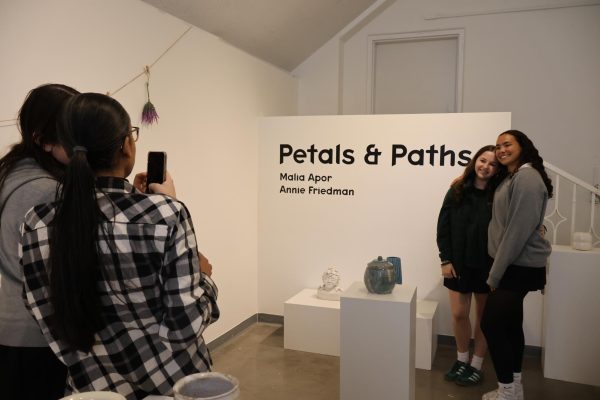
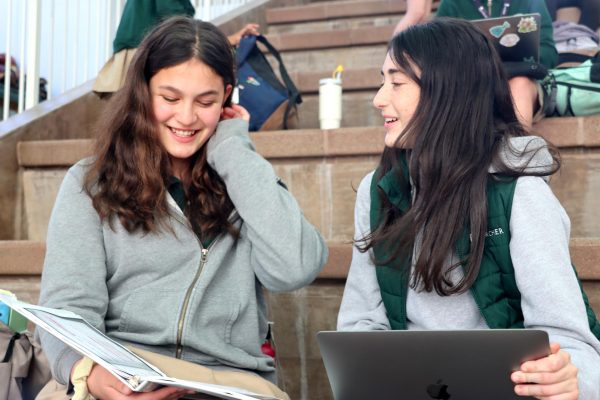
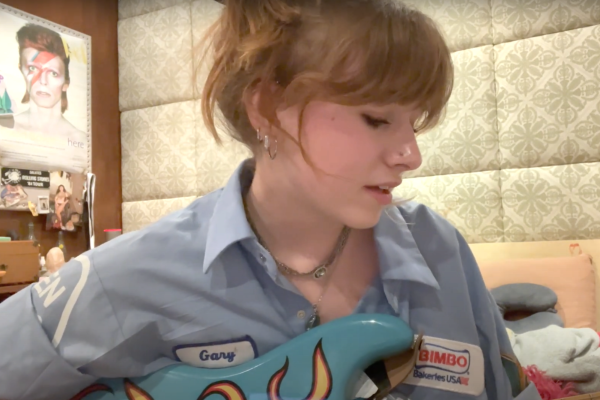
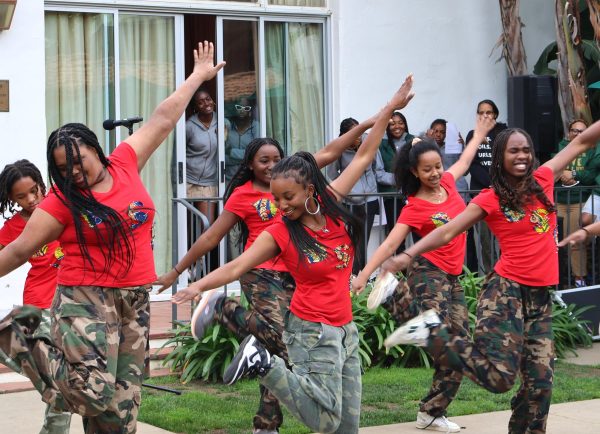
Nina Sperling • Apr 23, 2023 at 8:39 pm
Maia! This is amazing!! ❤️
Bethany Neubauer • Jan 10, 2023 at 10:47 am
Thank you for sharing this beautiful and personal story, Maia!